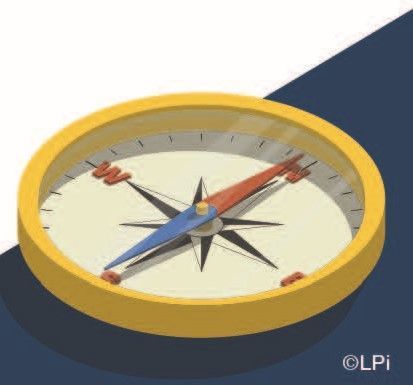Religious Intolerance?

Dear Missionary Disciples of Jesus Christ,
In an article I read recently, the author mentioned religious intolerance at least twice. I am not sure what they meant, but there seems to be some confusion in this area.
In this article, the writer seemed to equate being "gay" with one's racial or ethnic heritage. They are not the same. One does not choose one's parents or racial background. Today, there is an open debate on whether one chooses their sexual orientation, but certainly not a debate on choices, what a person does is vastly different than what they are. I believe the quoted term 'gay' implies living a particular lifestyle. Orientation may or may not be a choice, but unequivocally, what you do is a choice. Activity - what we do, can be good or bad, i.e., sinful.
All sin. It seems that if something is declared sinful, (any sin) you risk being called intolerant.
Jesus always welcomes the sinner, but not the sin. Everyone is made in the image and likeness of God and deserves reverence and respect. Regardless of race, size, place of residence, or sexual orientation. However, the old adage, LOVE the sinner and hate the sin (all sin) is appropriate. (not just the hot topic sins of the day)
In Luke Chapter 15 (by the way, an excellent chapter for understanding the Sacrament of Reconciliation, which I recommend for everyone's preparation as Advent approaches). We read, "This man welcomes sinners and eats with them." Luke 15:2.
Being a sinner myself, I say, "Thank you, God"
However, Jesus doesn't condone or support sin (any sin) in any way, but LOVES the sinner. He teaches us what is sinful and continues to do so through Sacred Scripture and the Teachings of his Shepherds, the Pope and the Bishops in union with him. Jesus has been shepherding us continually through his church. Another Scripture passage is helpful:
"Neither do I condemn you. Go and from now on, do not sin any more." John 8:11
Peace, Father Maassen (reprinted and edited with permission)











